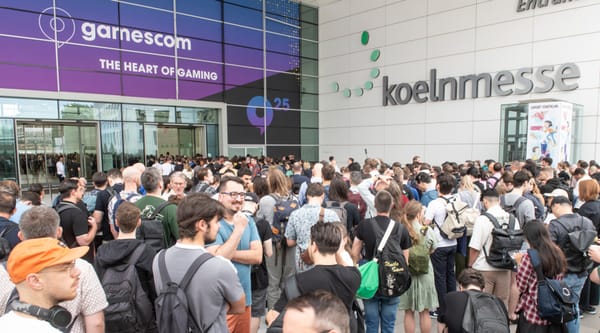Supercell CEO Rails Against Digital Fairness Act, EGDF Seeks Factual Basis




In an open letter, Supercell co-founder and CEO Ilkka Paananen has raised serious concerns that the planned Digital Fairness Act could cause massive damage to the European games industry and ultimately make gaming worse for consumers. In a statement, the EGDF association shares these concerns but is striving to remain objective.
Ilkka Paananen usually speaks up once a year: typically in February, the co-founder and CEO of Supercell posts a long blog post with an update on the company and the market. He doesn't mince his words, and that also applies to his latest post, which Paananen published on social media and which has nothing to do with his annual review.
Instead, Paananen addresses a current EU legislative initiative that will also have far-reaching consequences for the gaming industry. It concerns the so-called Digital Fairness Act. With this act, the EU wants to strengthen consumer protection in digital business, but also create a level playing field for companies. The public hearing on the proposal is currently underway and will continue until October 24.
But even though nothing has been formally decided yet, the past few months have already clearly shown that consumer advocates in Europe want to use the law to enforce significantly stricter rules. Since 2024, consumer protection organizations at both the state and EU levels have increased pressure on game providers. The EU Commission has shown openness, and key principles have been published regarding the use of virtual currencies.
According to Paananen, these regulations pose a threat to the success of the European gaming industry. "The €27 billion games industry has been the outlier and one of the few beacons of tech success for the continent, setting the standard for games studios globally. Yet, policymakers are about to deliver a critical blow to the sector, despite calling out for Europe to become more competitive on the global stage," writes the SuperCell CEO in its post.
"The mechanics of digital content, such as in-game currencies, have been integral to industry business models from the beginning. They enable companies to offer games for free to millions of players, whilst fuelling innovation, jobs and growth across the continent. To dismantle these mechanics in the name of protecting consumers represents a fundamental misunderstanding of how modern digital entertainment works. The regulations would worsen the player experience without improving protections, and would cause widespread collateral damage to one of Europe’s biggest technology success stories."
However, in the course of his post, Paananen also gets carried away with a fictional example of a family in a theme park that has very little to do with reality, just to justify the monetization models used by free-to-play game publishers. Since he does not distinguish between consumer protection and youth protection here, he overshoots the mark—despite his entirely legitimate concerns.
Perhaps this is why the European developer association EGDF has posted its own statement on the subject. It agrees with Paananen's concerns, but limits its criticism of the Digital Fairness Act to the matter at hand: "The disagreement is on the definition of in-game currencies. Consumer protection authorities and the Commission want to reinterpret them", the press release of EGDF says.
According to the association, in-game currency would be treated in the same way as virtual currencies such as BitCoins. Every transaction would thus become a purchase that requires parental approval and is processed via extra pop-up windows. This would indeed massively disrupt the flow of today's games.
In this respect, one can only agree with EGDF President Hendrik Lesser, who advocates a solution that takes all sides into account: "When entrepreneurial drive and innovation meet strong consumer protection and safeguarded competitiveness in the EU, that brings success. However, regulation must be proportionate and based on real, tangible issues and tensions," says Lesser.








